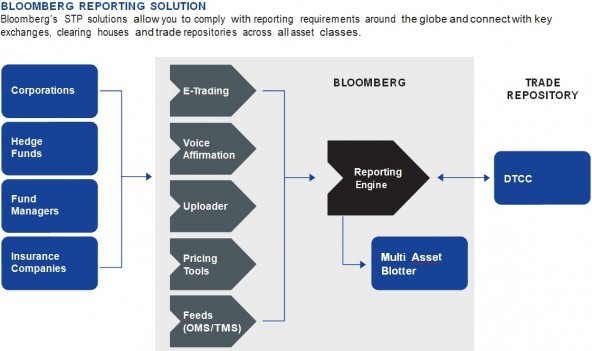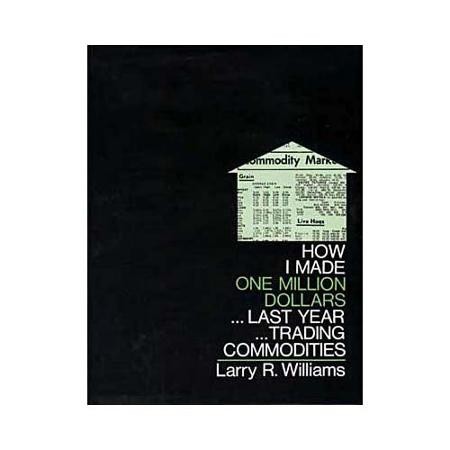Commodities Trading and Regulation
Post on: 8 Апрель, 2015 No Comment

Practices
Hunton & Williams LLP is actively involved in all legal aspects of physical and financial commodities trading on both sides of the Atlantic Ocean. Attorneys in the firm’s commodities trading group represent and advise clients on transactions involving energy and energy-linked commodities, including, but not limited to electricity, natural gas, coal and oil. More recently, the firm has gained recognition as the leading practice for carbon- and emission-reduction credit trading. Hunton & Williams was voted Best Law Firm for U.S. Emissions Markets by readers of Environmental Finance magazine in 2011.
The commodities trading group offers clients a broad, interdisciplinary, and integrated set of legal resources that are unique to Hunton & Williams. Attorneys in the firm’s energy, derivatives, climate change and regulatory practices collaborate to address a client’s trading objectives and corresponding needs. The practice provides legal insights and guidance that enable clients to meet the challenges of an increasingly complex regulatory framework.
Our clients include multinational oil companies, investor-owned utilities, power project developers, midstream operators and coal, oil and gas producers, as well as financial institutions, such as broker dealers, exchanges, trading houses and hedge funds. Attorneys in the commodities trading group are located in London, Houston, Washington, New York and other offices across the globe.
Energy Commodities Trading
In the U.S. and Europe, the commodities trading group supports energy-trading clients in financial and physical trades for energy commodities that include electricity, coal, lignite, crude oil, refined products, propane, natural gas and LNG. Commodities trading group attorneys advise clients on various matters related to trading, such as risk management policies, financial reporting, trading floor and middle office operations, and rogue trader insurance. We also represent clients on matters with CFTC, FERC, SEC, and state public utility commissions.
Proposed Reforms to the Regulation of Over-the-Counter Derivatives
Hunton & Williams represents the Working Group of Commercial Energy Firms (Working Group) in the ongoing debate to reform the regulation of over-the-counter (OTC) derivatives and OTC derivatives markets. The Working Group is a diverse group of commercial energy firms, including producers, marketers and utilities, that considers legislative and regulatory developments with respect to the trading of energy commodities. The firm provides strategic, policy, regulatory and related transactional advice to the Working Group addressing the implications of various OTC derivatives reform legislation and regulatory initiatives commenced by the CFTC.
The firm has prepared legislative language and position papers for use by clients in response to requests from Congressional staff. With regard to CFTC regulatory matters, the firm is representing the Working Group in multiple proceedings relating to the proposed designation of several electricity, natural gas and oil contracts traded on certain exempt commercial markets as significant price discovery contracts, as well as in the rulemaking to impose Federal speculative position limits on: (1) Henry Hub natural gas, (2) light sweet crude (a/k/a West Texas Intermediate or WTI); (3) New York Harbor No. 2 heating oil; and (4) New York Harbor gasoline blendstock.
Trading of Physical Energy Commodities in Over-the-Counter Markets

The commodities trading group regularly works with clients to negotiate and document customized all types of principal master forward trading agreements in use in the industry for trading and hedging transactions, including the Edison Electric Institute (EEI) Master Agreement, including EEI Power and Gas Annexes), ISDA Master Agreement, including ISDA Power and Gas Annexes, the North American Energy Standards Board (NAESB) Agreement and its predecessor, the Gas Industry Standards Board (GISB) Agreement for trading natural gas in North America. NAESB, and Western Systems Power Pool (WSPP) contract. Attorneys in our group frequently negotiate master netting contracts, including netting agreements among international parties. We also represent market participants in the drafting and negotiation of structured transactions related to commodities, such as intermediation structures and long-term supply agreements.
Financial Trading and Hedging in Regulated and Over-the-Counter Markets
Hunton & Williams routinely counsels energy and other clients on financial trading and hedging transactions on fully regulated exchanges, on exempt commercial markets, and in bilateral OTC markets. We regularly assist clients on the negotiation of ISDA Master Agreements (1992 and 2002 versions) and related confirmation documentation — both long and short form. We have developed customized swap confirmations agreements for use pending the execution of formal master trading agreements, as well as synthetic, off-exchange futures trading, cash-settling energy options and option-based products, as well as all traditional swap and basis trading activities.
Hunton & Williams provides related regulatory and transactional counsel involving all major North American and global energy commodity exchanges, including, but not limited to the New York Mercantile Exchange (NYMEX), the Chicago Board of Trade (CBOT), Kansas City Board of Trade (KCBT), Chicago Climate Exchange (CCX), Intercontinental Exchange (ICE), and the Natural Gas Exchange (NGX). The firm has negotiated service and margining agreements with floor brokers, clearing brokers, clearing houses and other regulated Futures Commission Merchants and financial service intermediaries on, among others, NYMEX, CCX, ICE, and NGX.
Climate Change and Emissions Trading














